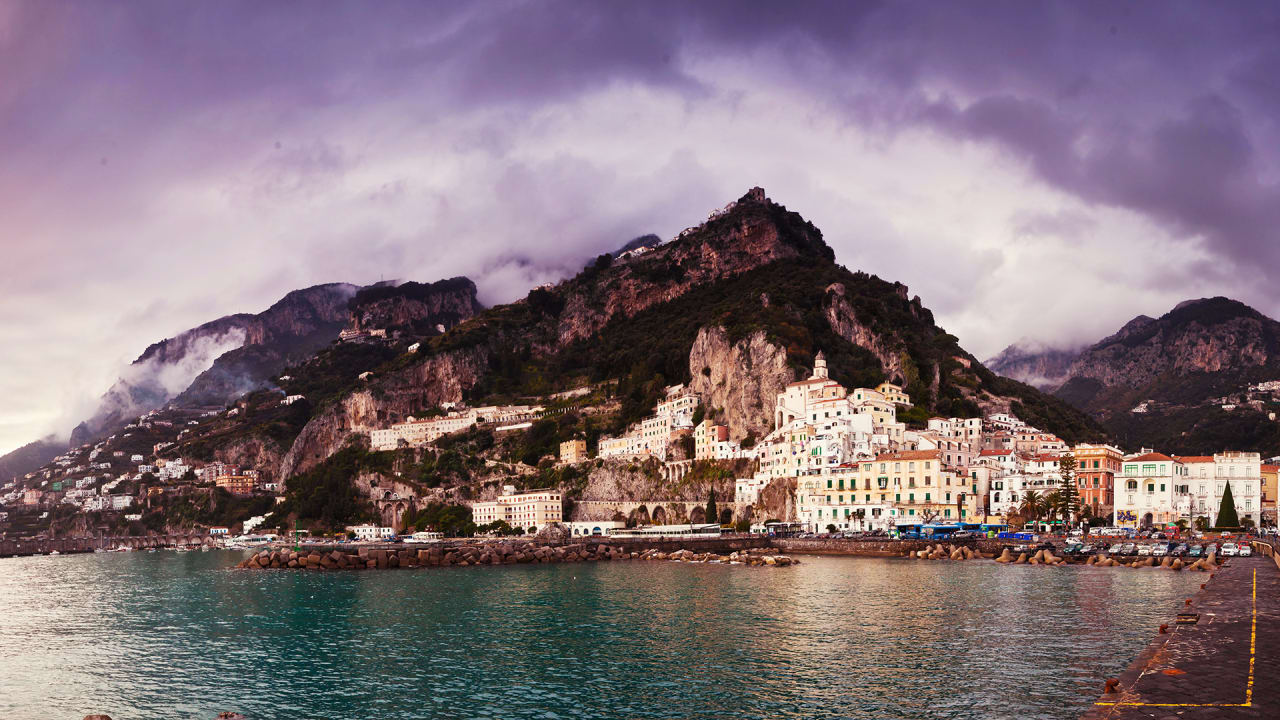Airbnb Is Quietly Testing Flexible Payment Options For Guests
 Get the Full StoryThis weekend I was staring at my computer screen and trying to picture myself lying prone on a chaise, under a blue umbrella, on a sunny day somewhere along Italy’s Amalfi coast. I’m in the lucky position of planning my honeymoon—that wonderful rest period that comes at the end of what should be simple exercise in party planning, but is in effect an invitation for all your friends and family to reflect on your unsatisfactory aesthetics.
Get the Full StoryThis weekend I was staring at my computer screen and trying to picture myself lying prone on a chaise, under a blue umbrella, on a sunny day somewhere along Italy’s Amalfi coast. I’m in the lucky position of planning my honeymoon—that wonderful rest period that comes at the end of what should be simple exercise in party planning, but is in effect an invitation for all your friends and family to reflect on your unsatisfactory aesthetics.Plotting out my destination, I was nosing through Airbnb and salivating over a darling house embedded in the rocky hills of Conca dei Marini, complete with a cracked concrete stairway that leads directly down to the surrounding cerulean waters. The price was agreeable, but I was still nervous about putting down my cash on this insanely beautiful property for a weeklong stay in July. My fiance, too, had reservations. The property was new, completely unrented by anyone before us, and lacking reviews. What if the host is a hoverer or, conversely, not available enough? Also, what exactly did she mean when she said that thing about needing to traverse 360 stairs to get from the street to the house?
So what helped us make the decision to book this stunning property? It was a new little feature that Airbnb is quietly testing among a small group of users. The listing allowed me to put a deposit on the property for half the total cost of the apartment. I’ll pay the remaining balance two weeks before we arrive. That’s a departure from Airbnb’s typical policy—guests are normally required to pay the full amount up front. As is standard procedure, I still have 30 days before check-in to cancel and get a full refund. But not putting down the full amount up front felt like less of a commitment.
Artist House, Central Italy, Civita di Bagnoregio. Photo: couresy of Airbnb Airbnb confirmed the partial-payment feature is part of a small test the company is running. “We’re always looking for ways to make booking with and paying for Airbnb listings easier for guests, but have nothing to announce at this time,” company spokesman Tim Rathschmidt told me via email.
He didn’t divulge further details, but I suspect this is being piloted among people who have booked far enough in advance and above a certain minimum price to make the feature worthwhile. For instance, according to our honeymoon economic calculus, between our first payment and our next we’ll each receive four paychecks each, giving us at least the feeling of not being stretched thin.
Since its inception, Airbnb has looked for ways to make itself distinct from traditional hotels. Renting out homes instead of hotel rooms is the most obvious difference, but another way it’s done that is through price. Airbnb has typically been viewed as more affordable than hotel accommodations. And in broadening its footprint, it’s also had to invent payment systems for regions where paying with an international credit card online isn’t a viable option, like Cuba and Brazil.
Paying in increments for a trip is yet another way Airbnb is setting itself apart from conventional travel institutions. It could potentially allow budget travelers who want to book longer stays to financially recuperate between payments. But it may also entice those reserving larger fare homes—like those within its recently purchased Luxury Retreats. Putting a down payment on a more expensive housing arrangement could lower the barrier to such purchases.
There’s no telling whether this functionality will be rolled out more broadly, but it’s clear that one of the ways the company is thinking of luring people into more luxe living quarters, or perhaps more prolonged trips, lies in offering its users more monetary flexibility.
Share: